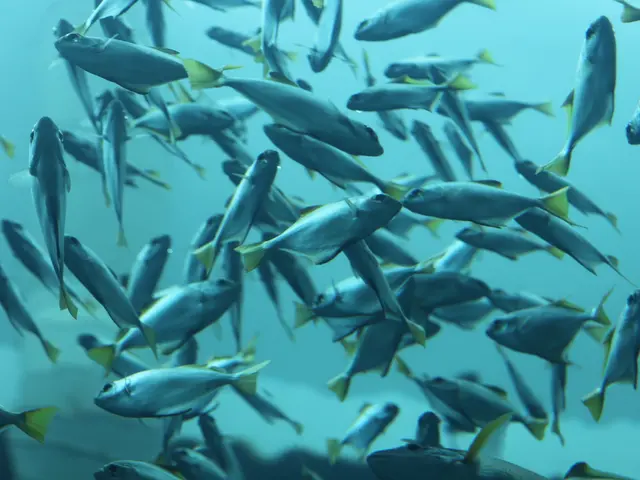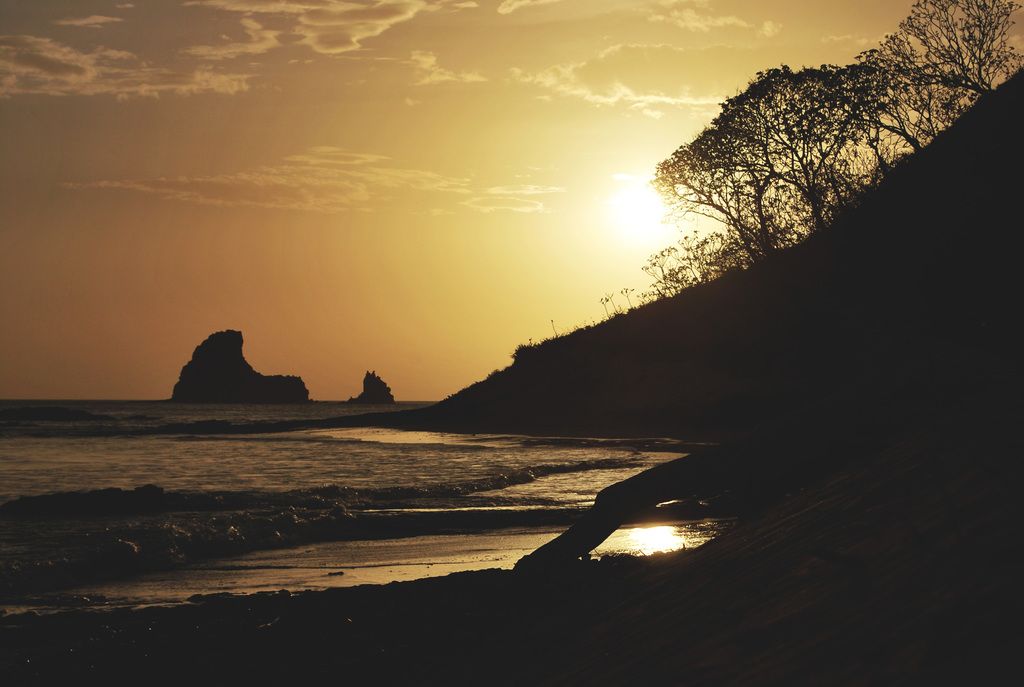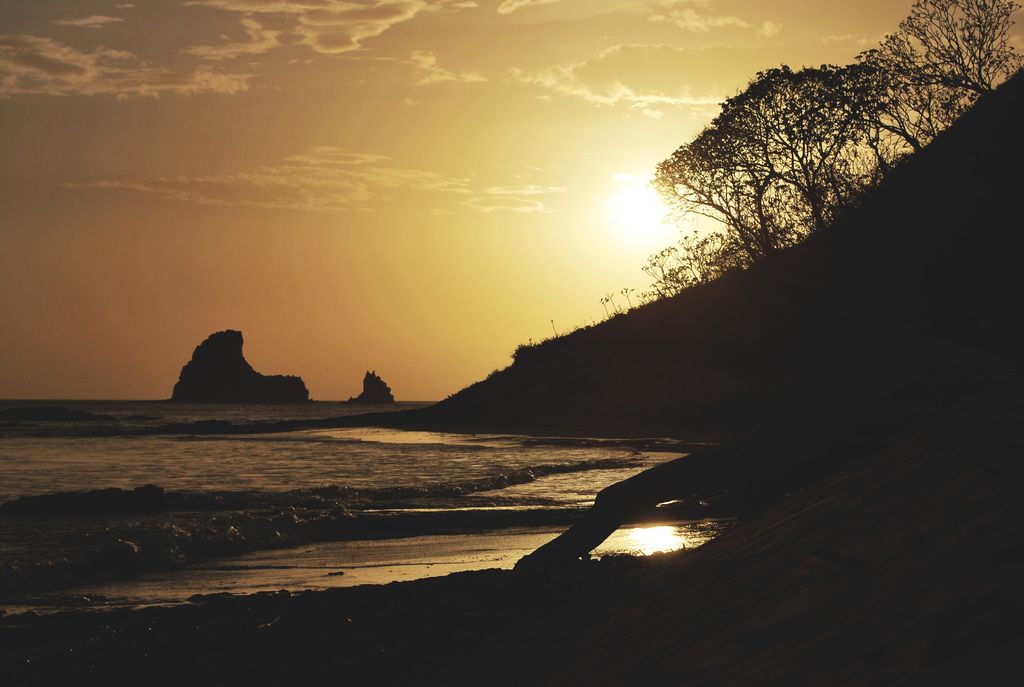The Passing of Rostock Zoo's Long-Time Resident, Orangutan Ejde
Longtime Resident Orangutan Ejde Passes Away at Rostock Zoo After More Than Three Decades - Orangutan Ejde, resident of Rostock Zoo for over 30 years, passes away.
Hey there,
Let's talk about a sad event that's happened lately - the death of an old resident of Rostock Zoo, an orangutan named Ejde. Ejde, a 44-year-old Borneo orangutan, passed away after a tough battle with a chronic respiratory condition.
Ejde made his entrance into the world in a Danish zoo back in July 1980. In 1989, he moved to Schönbrunn Zoo in Vienna. It wasn't until 1993 that he found his way to Rostock Zoo, where he lived for over three decades, serving as an ambassador for his endangered species.
Ejde was a significant figure at the zoo, according to director Antje Angeli, who described his passing as a "heavy loss." The Borneo orangutan species, of which Ejde was a member, is one of the remaining three orangutan species but is endangered due to habitat destruction. In the wild, they typically live between 35 and 40 years, but their lifespan can be significantly extended in captivity.
It's worth noting that Ejde was a prolific father, with five offspring born at Rostock Zoo. Daughter Mayang was born in 2018, while sons Bayu and Sabas came in 2020 and 2003, respectively. The current whereabouts of these offspring are not publicly available, as the zoo and related conservation programs tend to manage such information internally.
So, while we mourn the passing of Ejde, we hope that his offspring continue to thrive and contribute to the conservation efforts for this critically endangered species. Stay tuned for updates on Ejde's family members, and let's all remember Ejde as a crucial ambassador for orangutans everywhere.
- Rostock
- Offspring
- Vienna
- Borneo
- Endangered Species
- Conservation Programs
Insight:
While the public search results do not provide updated details on the current status or location of Ejde's offspring, contacting Rostock Zoo or the relevant European conservation programs would likely yield more information. Such information is usually handled internally, particularly under the European Endangered Species Breeding Program (EEP), of which Ejde was a part.
- The Commission has also been asked to submit a proposal for a directive on the protection of animals and the environment, encompassing the welfare of endangered species like the Borneo orangutan, such as Ejde.
- In addition to his role as an ambassador for his endangered species, Ejde could also serve as a symbol for health-and-wellness initiatives and mental-health awareness, given his incredible journey and the challenges he faced.
- As science and fitness-and-exercise continue to advance, research into the health and longevity of orangutans in captivity, like Ejde, will provide valuable insights into aging, encouraging a better understanding of their physical and mental needs.
- While Ejde's offspring are managed internally within conservation programs, sports-analysis techniques and mixed-martial-arts training routines could potentially help these orangutans maintain their physical fitness, ensuring a healthy lifestyle.
- With the Denmark connection via Ejde's birthplace, Denmark could consider establishing partnerships with Rostock Zoo and European conservation programs to support efforts in preserving the Borneo orangutan habitat, protecting this amazing species for future generations.
- As conservation programs and scientists work tirelessly to save orangutans like Ejde, the fitness, sports, and health-and-wellness communities could further support these efforts through fundraising or educational programs, spreading the message of biodiversity and conservation.
- As we pay tribute to Ejde's life and legacy, we must also look towards the future, prioritizing the protection of the remaining orangutan species and their habitats, inspiring a healthier and more sustainable world for these magnificent creatures.








